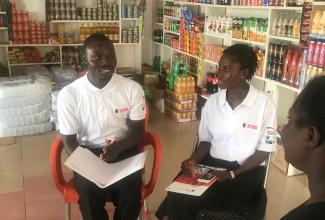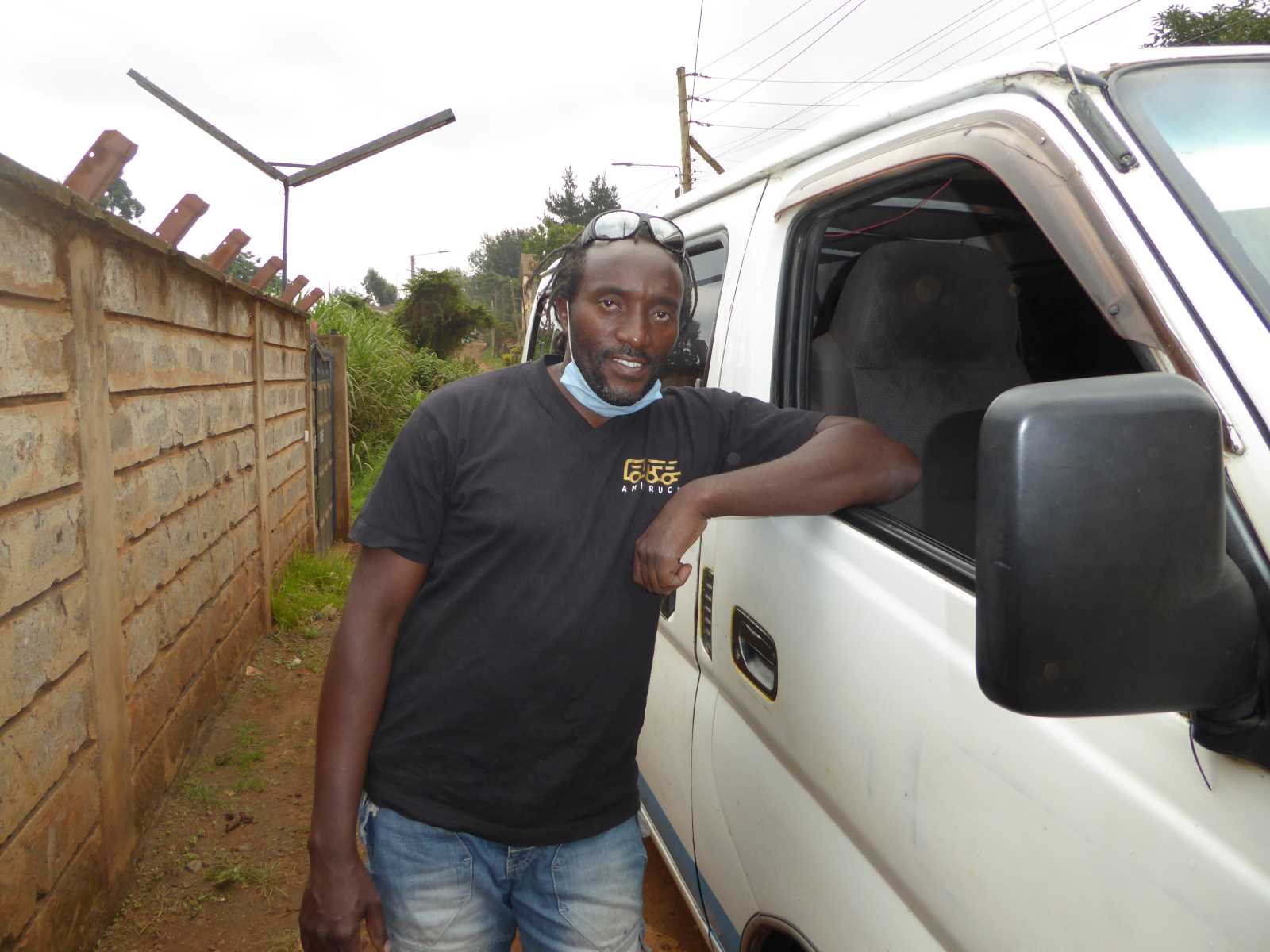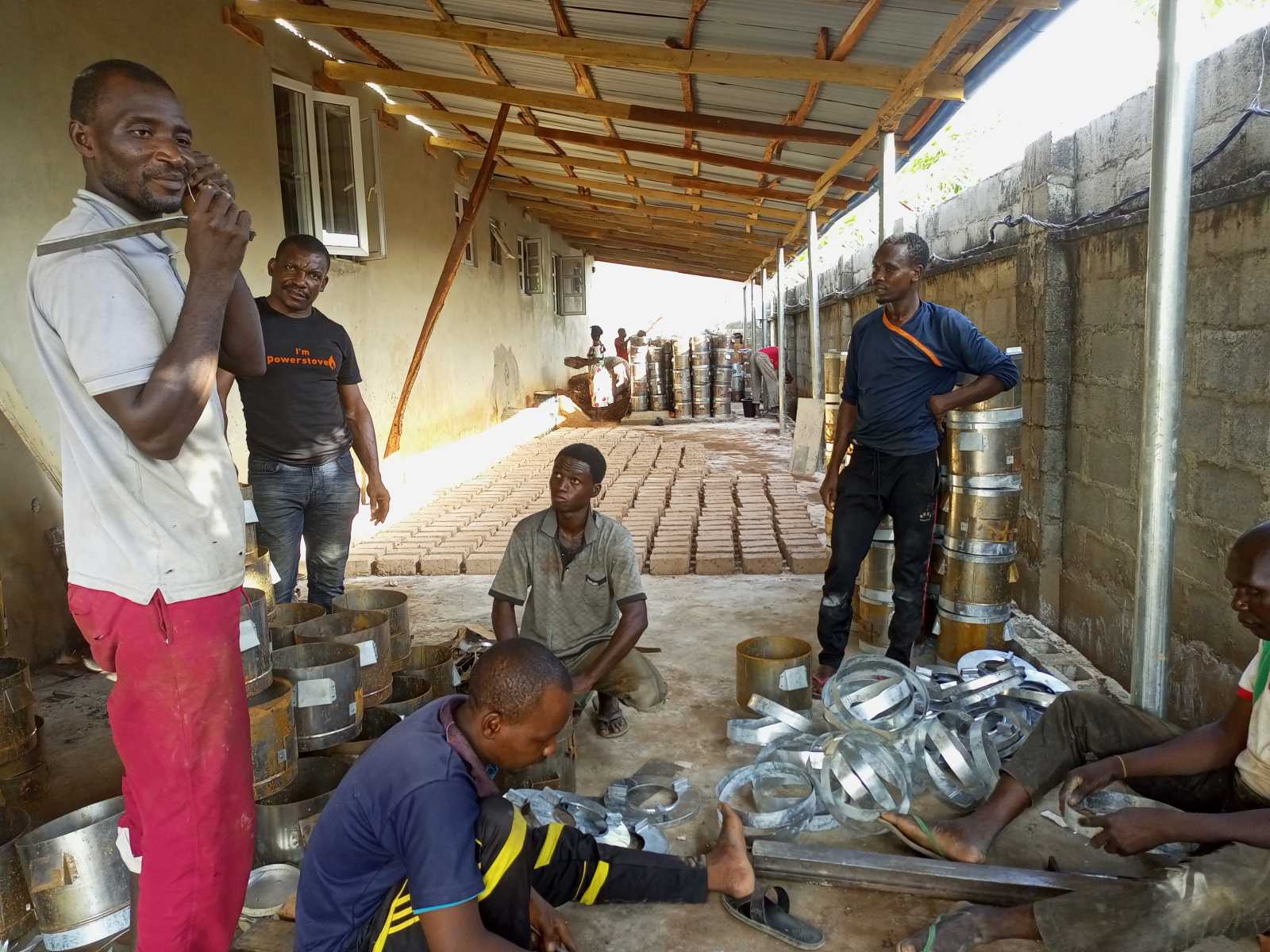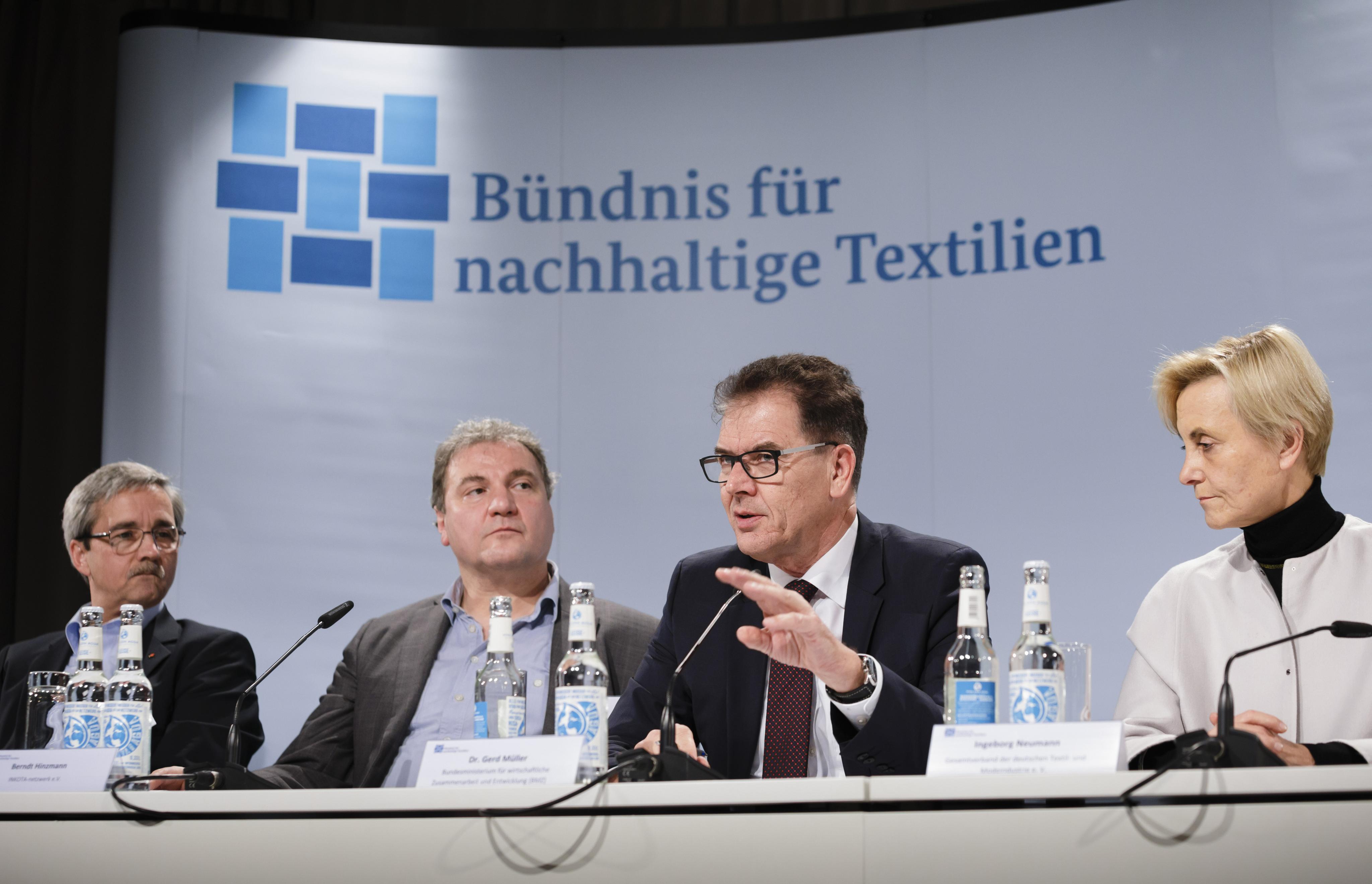Business activity
Surveys with potential

In the fourth quarter of 2017, 40 % of the businesses that were surveyed in Ghana’s Western Region reported that their current business situation was “good”, and 39.5 % considered it “satisfactory”. Over 70 % expected business-conditions to improve for their own enterprise in the next six months. These are results of the business condition survey conducted by the Sekondi-Takoradi Chamber of Commerce and Industry (STCCI).
Sekondi-Takoradi is the capital of the Western Region. With around 340,000 residents, it is also the third-largest city in Ghana. The business-condition report was based on the responses of about 150 entrepreneurs. It mirrored positive expectations expressed by the International Monetary Fund (IMF), which had predicted that Ghana’s gross domestic product will grow by 8.9 % in 2018. That would be the world’s second-highest growth rate.
“Our quarterly Business Condition Survey is meant to provide our member firms and other businesses with relevant, reliable and easy to understand data so they can plan and forecast,” says Ato Van Ess, the president of the STCCI. In particular, the target group is the region’s small and medium-sized enterprises. According to Van Ess, the surveys help companies to understand how they compare to their competitors. “They enable businesses to draw a pattern of economic factors so they can build shock absorbers to cope with negative trends or take advantage of positive ones,“ Van Ess explains. The surveys also offer investors and entrepreneurs insights into whether it makes sense to enter the Sekondi-Takoradi market.
The STCCI currently represents about 320 members. Its business-climate surveys have become its unique selling point in Ghana. Policymakers, government agencies, the media and civil society increasingly consider the chamber a reliable representative of the business community. “The survey is fast becoming a reference document for many institutions in the Western Region,” says Vincent Annan, the chamber’s chief executive officer. He reports that the STCCI uses the survey results to advocate for a better economic environment, for example, in terms of better access to loans. Indeed, every fourth company still considers limited access to borrowed capital the biggest risk to its future. The first international companies with a local presence in Western Ghana have recently joined the chamber, and STCCI officials reckon that the business-climate report was one of the reasons.
Many challenges
It is challenging to compile the quarterly reports. Collecting and evaluating the raw data is particularly difficult because, so far, every participating enterprise has to be contacted in person. This is the only way to ensure that the questionnaires are filled out and returned. Moreover, the STCCI would like to survey entrepreneurs in Western Ghana’s more remote areas, but it lacks the necessary time and money. It also cannot reach out to entrepreneurs who only speak one of the many local languages. The surveys are written in English, Ghana’s official language.
Even though the interviewers present their business cards and have chamber-of-commerce credentials, some entrepreneurs are unwilling to participate in the survey. They are afraid of sharing company data with a stranger. Some businesspeople would also prefer to freeload than actually take part: why should they voluntarily participate in the survey and waste precious time when other companies have already done so and the report can be downloaded for free from the STCCI website?
Nonetheless, positive experiences outweigh the negative ones, say Abigail Asante and Aidoo Atta Panyin, who are responsible for data collection. According to them, “most entrepreneurs are encouraged to take part in the survey because they see the relevance for their companies”.
The growing appreciation of the STCCI business-climate reports increases the likelihood that the surveys will be completed online and automatically evaluated with the help of software solutions at some point in the future. That would allow more companies to be reached and the results would thus become even more reliable. One day, the STCCI may even be able to make money with the reports. Where official databases are weak, business-climate data might be sold to ministries, local administrations and central banks, or to international organisations and larger companies.
An interesting question is whether all chambers of commerce and similar business associations in developing countries can run business-climate surveys of this kind. Torsten König, who heads the Business Activity and Statistics department at the Hamburg Chamber of Commerce, helped the STCCI to introduce the reports. He is convinced that business-climate surveys work in every country in the world: “Almost every entrepreneur, from the CEO of an international corporation to a market woman in Takoradi, can answer at least the first question: ‘Is the business situation of your company good, satisfactory or bad?’” That is a good starting point.
Michael Konow heads the Department for International Projects and Partnerships at the Hamburg Chamber of Commerce.
michael.konow@hk24.de
Link
Sekondi-Takoradi Chamber of Commerce and Industry (STCCI):
http://www.sekonditakoradichamber.org











